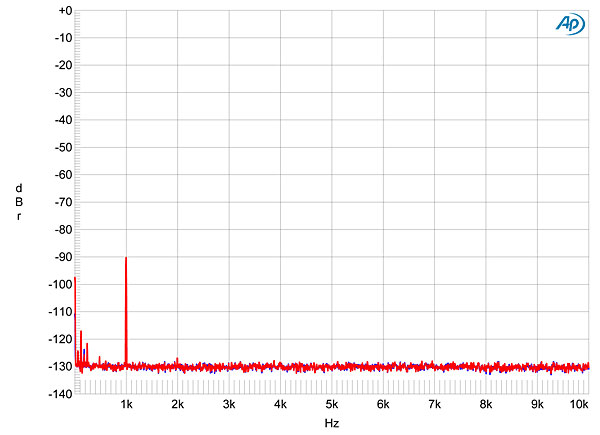higbvuyb
100+ Head-Fier
- Joined
- Jul 7, 2009
- Posts
- 339
- Likes
- 43
As far as your source I have no intention of reading anything on jitter dated all the way back to year 2000.
Have the laws of mathematics or physics changed since 2000? Or is it because humans have evolved superior jitter detection since 2000?

























